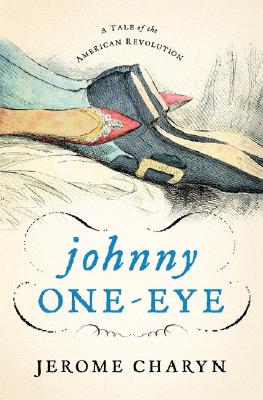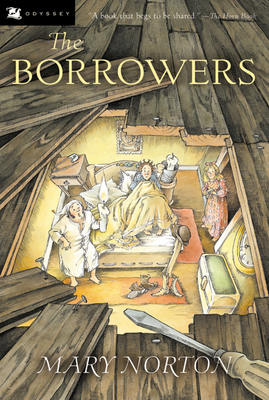 Ok, I know I'm way late to the game on this one. Amazon's Kindle with Special Offers has been on the market for several weeks (months?) but as any of my regular followers will note, I've been living under a rock made of work lately and have been missing out on all the bookish conversation surrounding such things as the release of the Kindle with Special Offers.
Ok, I know I'm way late to the game on this one. Amazon's Kindle with Special Offers has been on the market for several weeks (months?) but as any of my regular followers will note, I've been living under a rock made of work lately and have been missing out on all the bookish conversation surrounding such things as the release of the Kindle with Special Offers.And let me tell you, from what Amazon is saying, this thing is a real gem. Now you can get a Kindle for less money and receive special offers shipped directly to your device! It's like, win-win, right? Totally... for Amazon.
First off, these aren't "special offers." They are ads. Sure, ads often include "special offers" (i.e. Click here for 10% coupon! or Find out how to make thousands as a stay-at-home mom!), but those are merely hooks to get customers to click through. So. Special offer = ad. Sponsored screensaver = ad.
Hell, we're already smacking advertising on school lockers, state license plates, and yes, even sheep... why not books, too, right? But maybe there's a side to this I'm not seeing, in my stubborn refusal to a) like the Kindle and b) like the concept of putting ads anywhere near my reading materials (this from someone who works in advertising, too). Let me know what you think. I'm sure there's flip side here.










